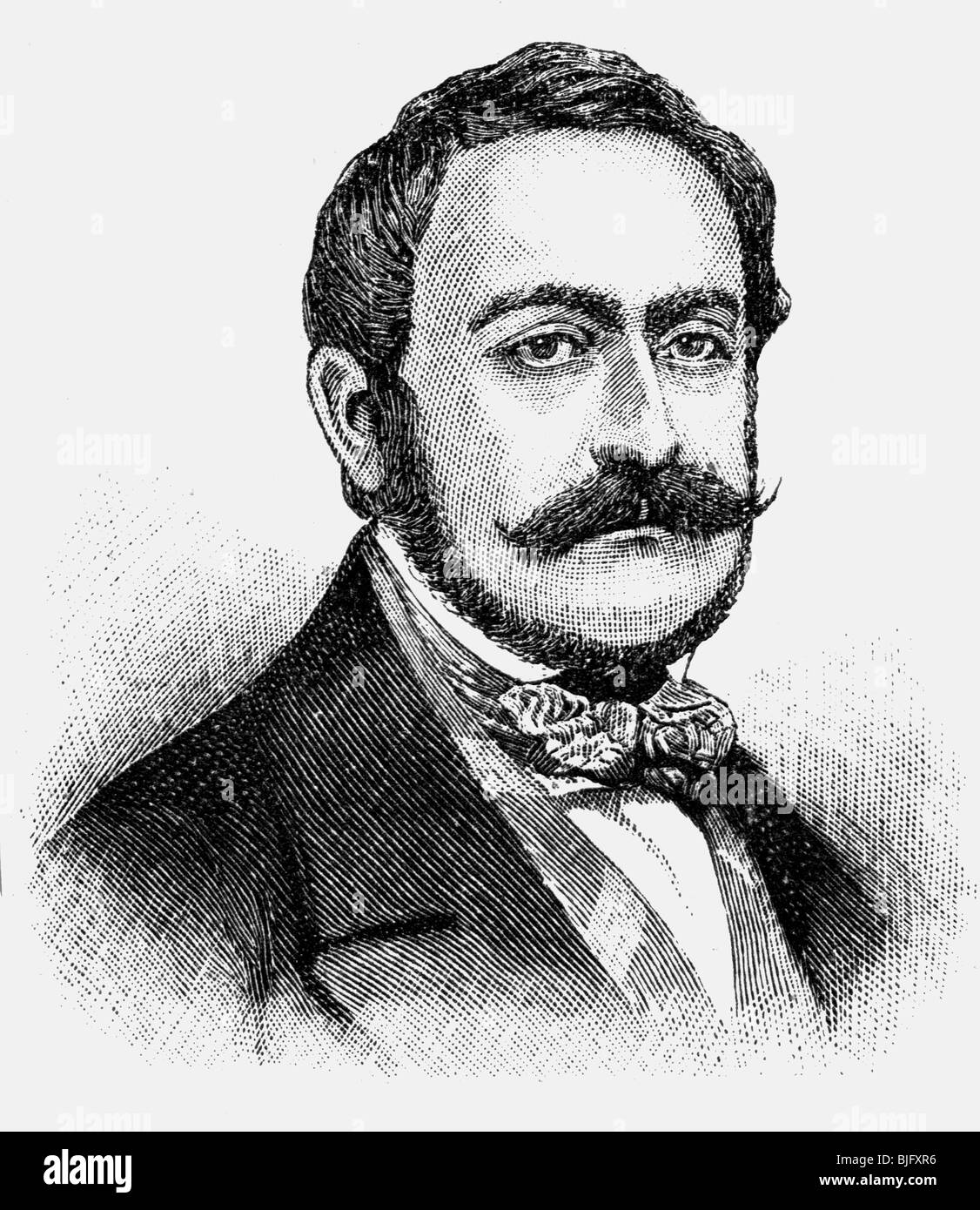Today, we celebrate a significant milestone in the life of a prominent European aristocrat: the 80th birthday of Fürst zu Sayn-Wittgenstein-Hohenstein. Born on December 21, 1942, this esteemed individual has lived through a tumultuous period in world history, witnessing the rise and fall of empires, the transformation of global politics, and the evolution of society. As we mark this remarkable occasion, we take a moment to reflect on the life and achievements of this remarkable figure, whose dedication to his family, his heritage, and his community has left an indelible mark on the world.
Fürst zu Sayn-Wittgenstein-Hohenstein has been a steadfast advocate for the preservation of cultural heritage and the promotion of intercultural understanding. Throughout his life, he has been involved in various philanthropic endeavors, supporting initiatives that foster education, art, and community development. His tireless efforts have earned him numerous accolades and recognition from around the world. As we honor his 80th birthday, we pay tribute to his unwavering commitment to his values and his enduring legacy, which continues to inspire future generations.
what are some key achievements of Fürst zu Leiningen in his long career

- German Revolution of 1848-49: Carl zu Leiningen played a notable role in the tumultuous period of the German Revolution, where he demonstrated his leadership skills and strategic thinking.
- War Against the Bishop: He achieved significant successes in his war against the Bishop, which was a significant conflict in the region. His military prowess and diplomatic skills helped him to achieve a favorable outcome.
- Franco-Austrian War: During the Franco-Austrian War, he was involved in the Battle of Znaim, which was a crucial battle in the conflict. His military experience and strategic thinking were instrumental in the outcome of the battle.
- Statebuilding and Sovereignty: His involvement in the Prussian statebuilding process, particularly in the context of the annexation of Hanover, highlights his ability to navigate complex political situations and adapt to changing circumstances.
These achievements demonstrate Fürst zu Leiningen’s versatility, strategic thinking, and leadership skills, which have been instrumental in shaping his long and distinguished career.
what role did Fürst zu Leiningen play in the German Revolution of 1848-49

- Zollverein Movement: Fürst zu Leiningen was a key figure in the Zollverein movement, which aimed to create a unified German economic union. He was instrumental in promoting this movement, which was a major driving force behind the German Revolution.
- German Confederation: As a member of the German Confederation, Fürst zu Leiningen was involved in the efforts to create a unified German state. He supported the Frankfurt National Assembly, which was established to draft a constitution for a unified Germany.
- Prussian Support: Fürst zu Leiningen was a strong supporter of the Prussian monarchy, which played a crucial role in the German Revolution. He advocated for Prussian involvement in the revolution, which ultimately led to the failure of the Frankfurt National Assembly and the re-establishment of the German Confederation.
- Leadership and Influence: As a prominent figure in the German Revolution, Fürst zu Leiningen wielded significant influence and leadership. His involvement in the Zollverein movement and his support for the Frankfurt National Assembly demonstrate his commitment to the cause of German unification and liberal reforms.
- Legacy: Fürst zu Leiningen’s role in the German Revolution of 1848-49 has had a lasting impact on European history. His contributions to the Zollverein movement and his support for the Frankfurt National Assembly have been recognized as significant milestones in the development of modern Germany.
In summary, Fürst zu Leiningen played a crucial role in the German Revolution of 1848-49, advocating for economic unity, supporting the Frankfurt National Assembly, and promoting Prussian involvement in the revolution. His leadership and influence during this period have had a lasting impact on European history.
how did Fürst zu Leiningen’s policies reflect the demands of the 1848 revolutionaries
- Zollverein Movement: He was a strong supporter of the Zollverein movement, which aimed to create a unified German economic union. This reflected the popular demand for economic unity and cooperation among the German states.
- National Assembly and Constitution: He advocated for the convening of a National Assembly, which was a key demand of the revolutionaries. This assembly was intended to draft a constitution and pave the way for the creation of a unified German nation state.
- Liberal Reforms: His policies also reflected the liberal reforms demanded by the revolutionaries, such as the abolition of censorship, the establishment of a free press, and the expansion of political participation.
- Prussian Support: As a prominent figure in the German Confederation, Fürst zu Leiningen supported Prussian involvement in the revolution, which ultimately led to the failure of the Frankfurt National Assembly and the re-establishment of the German Confederation


